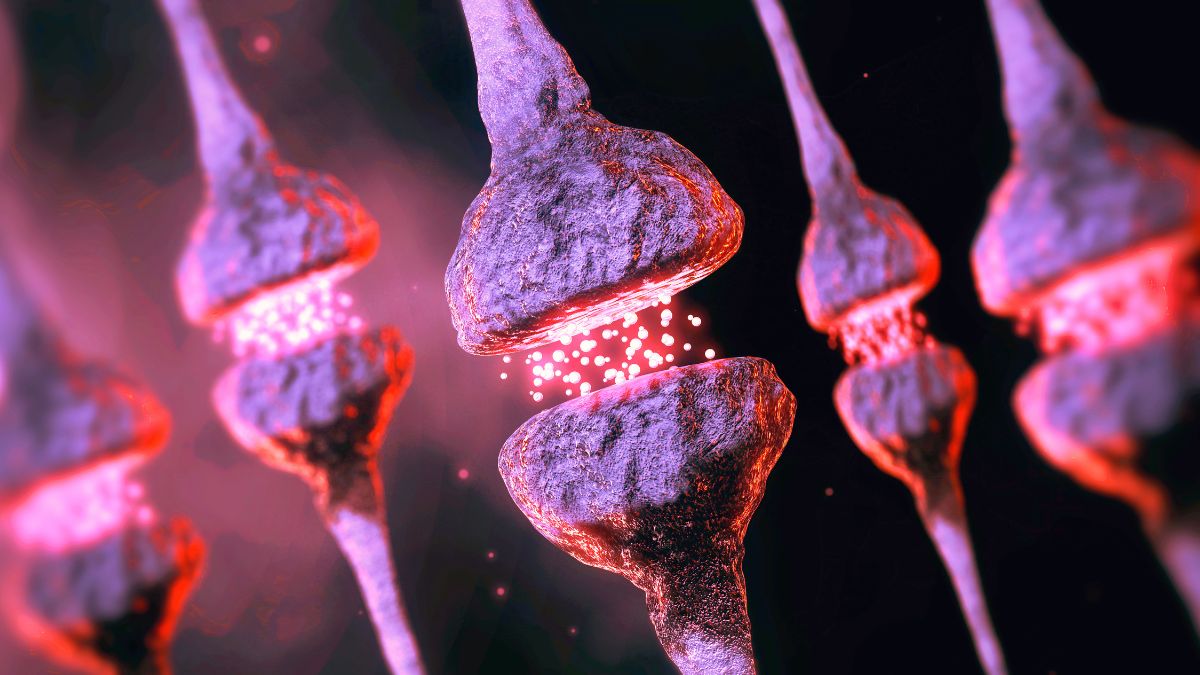
The latest data from the Swedish Council for Higher Education (UHR) reveals that the medical programme and the Bachelor’s programme in biomedicine at Karolinska Institutet (KI) achieved the fourth and fifth highest first-choice admission points for the autumn 2023 semester. This reflects a significant surge in demand for these programmes, which continue to attract a high number of applicants.
According to the UHR, the admission points represent the merit scores of the last student admitted in the BI group, which relies on non-supplemented upper-secondary grades. Both programmes have been popular among prospective students for several years. However, this year, interest has escalated to unprecedented levels.
“Both programmes have been popular and in much demand for many years, but this year, interest reached a new peak,” said Jonas Sundbäck, deputy director of studies for the Bachelor’s programme in biomedicine. “It’s fantastic to see just how much interest there is in the biomedicine programme! The merit points have been high for several years now, but this year it reached a new level.”
The increase in admission points can be attributed to various factors, including the global landscape that has made KI’s offerings increasingly attractive. “Our students are looking for a highly-reputed international environment, and it’s possible that, given the state of the world, KI’s study programmes have become even more appealing,” Sundbäck added.
High Demand for Medical Education
The medical programme at KI has consistently maintained a leading position in terms of application-to-place ratios and merit points. Marie Dahlin, director of the study programme in medicine, expressed her satisfaction with the programme’s enduring popularity. “It’s fantastic that the programme continues to be so popular!” she stated.
The allure of KI lies not only in its high international ranking but also in its strategic location. The institute attracts numerous aspiring medical professionals each year, and its faculty is dedicated to maintaining high educational quality. “We work tirelessly to keep the quality high with a talented faculty and to keep close contact with our students,” Dahlin remarked.
The increasing merit points for these programmes highlight a broader trend in higher education, where demand for medical and health-related studies has surged. As the world continues to navigate complex health challenges, institutions like KI are well-positioned to meet the needs of a new generation of students eager to make a difference in the field of medicine.
The rise in admission points serves as a testament to the reputation of the programmes and the commitment of the faculty to provide high-quality education. As the autumn semester approaches, both the medical and biomedicine programmes at KI stand as prime examples of excellence in higher education, drawing in students from various backgrounds who aspire to contribute positively to global health.







